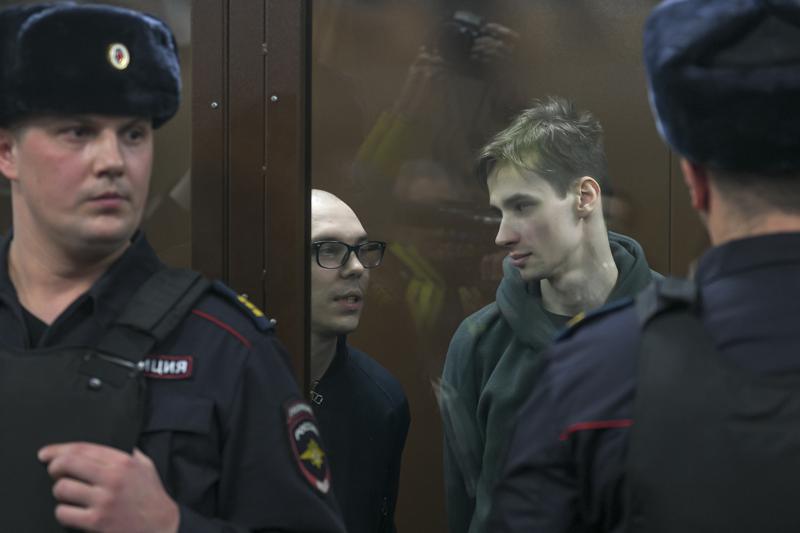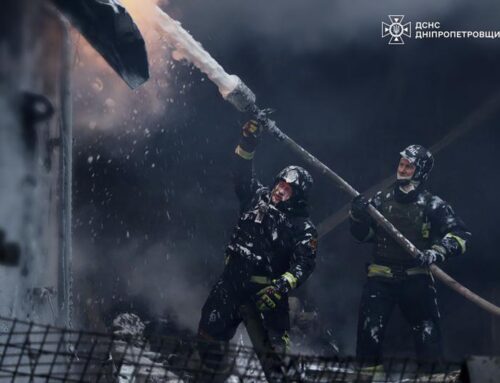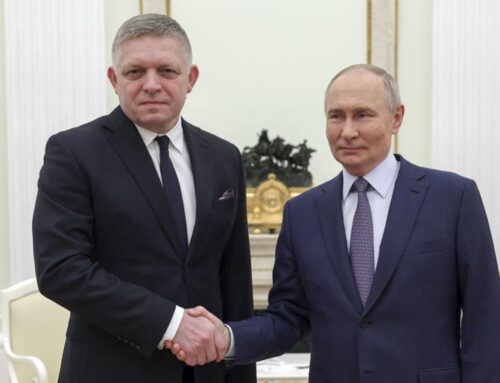A Russian poet was given a 7-year prison sentence Thursday for reciting verses against Russia’s war in Ukraine, a tough punishment that comes during a relentless Kremlin crackdown on dissent.
Moscow’s Tverskoi District Court convicted Artyom Kamardin on charges of making calls undermining national security and inciting hatred, which related to him reading his anti-war poems during a street performance in downtown Moscow in September 2022.
Yegor Shtovba, who participated in the event and recited Kamardin’s verses, was sentenced to 5 1/2 years on the same charges.
The gathering next to the monument to poet Vladimir Mayakovsky was held days after President Vladimir Putin ordered a mobilization of 300,000 reservists amid Moscow’s military setbacks in Ukraine. The widely unpopular move prompted hundreds of thousands to flee Russia to avoid being recruited into the military.
Police swiftly dispersed the performance and soon arrested Kamardin and several other participants.
Russian media quoted Kamardin’s friends and his lawyer as saying that police beat and raped him during the arrest. Soon after, he was shown apologizing for his action in a police video released by pro-Kremlin media, his face bruised.
Authorities have taken no action to investigate the alleged abuse by police.
During Thursday’s hearing, Kamardin’s wife, Alexandra Popova, was escorted out of the courtroom by bailiffs after she shouted “Shame!” following the verdict. Popova, who spoke to journalists after the hearing, and several other people were later detained on charges of holding an unsanctioned “rally” outside the court building.
Between late February 2022 and earlier this month, 19,847 people have been detained in Russia for speaking out or protesting against the war while 794 people have been implicated in criminal cases over their anti-war stance, according to the OVD-Info rights group, which tracks political arrests and provides legal assistance.
The crackdown has been carried out under a law Moscow adopted days after sending troops to Ukraine that effectively criminalized any public expression about the war deviating from the official narrative.
This article first appeared on APnews.com








Leave A Comment